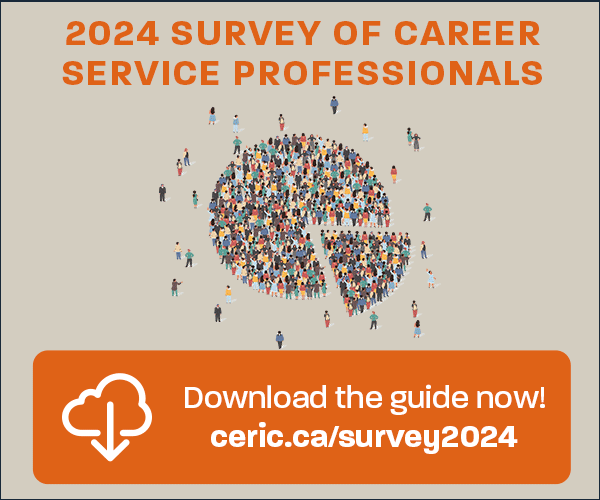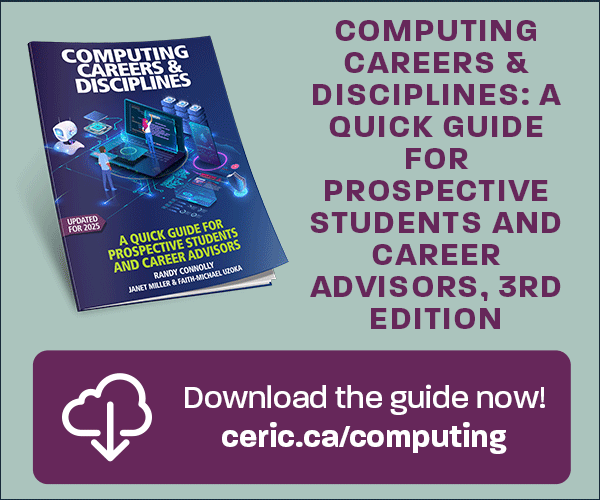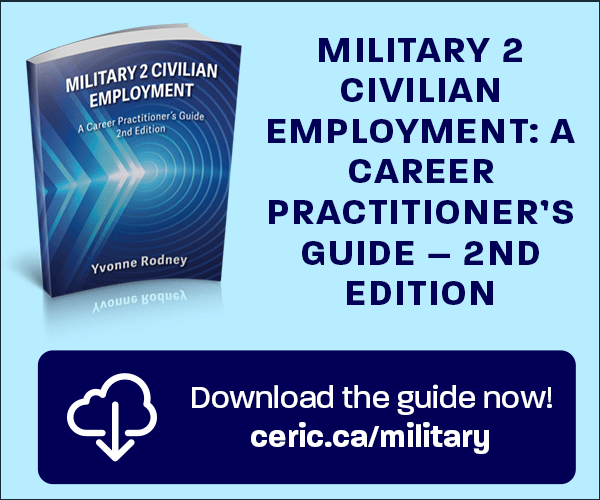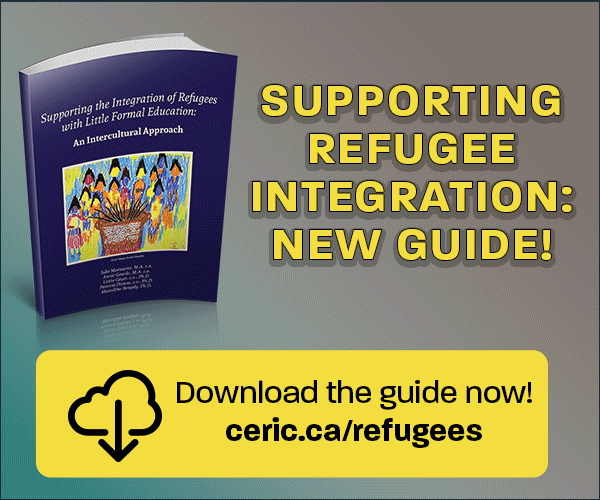Skills for the 21st Century: A Meta-Synthesis of Soft-Skills and Achievement
Keywords:
higher education, soft-skills, non-cognitive skills, student success, student retention, workforce, job-ready, achievementAbstract
Higher education can be both memorable and a vital pathway to the workforce. However, entering post-secondary life with the cognitive ability to handle the academic rigor is often not enough to succeed and persist in an environment that requires students to also possess soft-skills such as resilience, adaptability, perseverance, self-advocacy, and self-regulation (Adams, 2012; Cunha & Heckman, 2007; Egalite, Mills, & Greene, 2016). Therefore, this meta- synthesis sought to gain a better understanding of soft-skills deficits in adult learners by synthesizing current Canadian studies on the topic. It was found that interventions in higher education that resulted in soft-skills acquisition among learners were commonly geared toward graduate students and tied to social interactions among community agencies, faculty members, and peer groups. Thus, further research is discussed around examining the reciprocal effects of peer-mentoring on the soft-skills development of first-year undergraduate students, as well as the long-term impact this approach might have on student retention, achievement, and success beyond higher education.
References
Adams, C. J. (2012, November). “Soft skills” pushed as part of college readiness. Education Week, 32(12). Retrieved from http://www.edweek.org/ew/articles/2012/11/14/12softskills_ep.h32.html
Advisory Council on Economic Growth. (2017, February). Building a highly skilled and resilient
Canadian workforce through the futureskills lab. Retrieved from http://www.budget.gc.ca/aceg-ccce/pdf/skills-competences-eng.pdf
Almlund, M., Duckworth, A. L., Heckman, J. J., & Kautz, T. (2011, February). Personality psychology and economics (Discussion paper series // Forschungsinstitut zur Zukunft der Arbeit, No. 5500). Retrieved from http://nbn-resolving.de/urn:nbn:de:101:1-201104113733
Berger, J. B., Ramírez, G. B., & Lyons, S. (2012). Past to present: A historical look at retention. In A. Seidman (Ed.), College student retention (2nd ed., pp. 7-34). Toronto, ON: Rowman & Littlefield.
Blau, D., & Currie, J. (2006). Preschool, day care, and after school care: Who’s minding the kids? Handbook of the Economics of Education, 2, 1163-1278.
Borwein, S. (2014). The great skills divide: A review of literature. Toronto: Higher Education Quality Council of Ontario.
Brunello, G., & Schlotter, M. (2011, May). Non cognitive skills and personality traits: Labour market relevance and their development in education & training systems (No. 5743). Institute for the Study of Labor (IZA).
Carblis, P. (2008). Assessing emotional intelligence: A competency framework for the development of standards for soft skills. Amherst, NY: Cambria Press.
Chamorro-Premuzic, T., Arteche, A., Bremner, A. J., Greven, C., & Furnham, A. (2010). Soft skills in higher education: importance and improvement ratings as a function of individual differences and academic performance. Educational Psychology, 30(2), 221-241.
Chan, K., Petrisor, B., & Bhandari, M. (2014). Emotional intelligence in orthopedic surgery residents. Canadian Journal of Surgery, 57(2), 89-93. doi: 10.1503/cjs.022512
Christofides, L. N., Hoy, M., Milla, J., & Stengos, T. (2015). Grades, aspirations, and postsecondary education outcomes. Canadian Journal of Higher Education, 45(1), 48-82.
Creswell, J. W. (2012). Educational research planning, conducting, and evaluating quantitative and qualitative research. (4th ed.). Boston, MA: Pearson.
Cunha, F., & Heckman, J. (2007). The economies of human development: The technology of skill formation. The American Economic Review, 97(2), 31-47.
Dimitrov, N., Dawson, D. L., Olsen, K. C., & Meadows, K. N. (2014). Developing the intercultural competence of graduate students. Canadian Journal of Higher Education, 44(3), 86-103.
Drea, C. (2004). Student attrition and retention in Ontario’s colleges. College Quarterly, 7(2). Retrieved from http://collegequarterly.ca/2004-vol07-num02-spring/drea.html
Egalite, A. J., Mills, J. N., & Greene, J. P. (2016). The softer side of learning: Measuring students’ non-cognitive skills. Improving Schools, 19(1), 27-40. Doi: 10.1177/1365480215616313
Elrick. J. (2015). Screening, skills and cultural fit: Theorizing immigrant skill utilization from an organizational perspective. Journal of International Migration and Integration, 17(3), 801-817.
Finfgeld, D. L. (2003). Metasynthesis: The state of the art-so far. Qualitative Health Research, 13(7), 893-904. Doi: 10.1177/1049732303253462
Finnie, R., & Qiu, T. (2009). Moving Through, Moving On-Persistence in Postsecondary
Education in Atlantic Canada, Evidence from the PSISS (Statistics Canada Catalogue no. 81-595-M). Retrieved from http://www.statcan.gc.ca/pub/81-595-m/81-595-m2009072-eng.pdf
Fisher, R. & Engemann, J. (2009). Factors affecting attrition at a Canadian college. (Canadian Council on Learning Report). Retrieved from Fanshawe College website: http://www.fanshawec.ca/sites/default/files/file_attachments/fisher2009.pdf
Gauvreau, S., Hurst, D., Cleveland-Innes, M., & Hawranik, P. (2016). Online professional skills workshops: Perspectives from distance education graduate students. International Review of Research in Open and Distributed Learning, 17(5), 91-108.
Goleman, D. (2005). Emotional intelligence: Why it can matter more than IQ. Toronto, ON: Bantam Books.
Grayson, J., & Grayson, K. (2003, December). Research on retention and attrition. The Canada Millennium Scholarship Foundation. Retrieved from http://www.tru.ca/shared/assets/Grayson2003researchonretentionandattrition23683.pdf
Heckman, J. J., & Kautz, T., (2012). Hard evidence on soft-skills. Labour Economics, 19(4), 451-464.
Kember, D., Leung, D. Y. P., & Ma, R. S. F. (2007). Characterizing learning environments capable of nurturing generic capabilities in higher education. Research in Higher Education, 48(5), 609-632.
Lee, N. E. (2017). The part-time student experience: Its influence on student engagement, perceptions, and retention. Canadian Journal for the Study of Adult Education, 30(1), 1-18.
Lennon, M. C. (2010). A fine balance: Supporting skills and competency development. Toronto: Higher Education Quality Council of Ontario.
Levkoe, C. Z., Brail, S., & Daniere, A. (2014). Engaged pedagogy and transformative learning in graduate education: A service-learning case study. Canadian Journal of Higher Education, 44(3), 68-85.
Lund, D. E., & Lee, L. (2015). Fostering cultural humility among pre-service teachers: Connecting with children and youth of immigrant families through service-learning. Canadian Journal of Education, 38(2), 1-30.
Maitra, S. (2015). Between conformity and contestation: South Asian immigrant women negotiating softskills training in Canada. Canadian Journal for the Study of Adult Education, 27(2), 64-78.
Martinez, M. E. (2010). Learning and cognition: The design of the mind. Upper Saddle River, NJ: Merrill.
McLeod, S., & Sonnenberg, L. (2016). The emotional intelligence of pediatric residents. Pediatric Child Health, 21(5).
National Soft Skills Association. (2015, March 6). Soft skills and emotional intelligence [Web log post]. Retrieved from http://www.nationalsoftskills.org/soft-skills-and-emotional-intelligence/
Padhi, P. K. (2014). Soft skills: Education beyond academics. IOSR Journal of Humanities and Social Science, 19(5), 1-3.
Peel Halton Workforce Development Group. (2015). 2015 Peel Halton Employer Survey. Retrieved from http://www.peelhaltonworkforce.com/sites/default/files/PHWDG-SurveyResults%2715-electronic-web.pdf
Polinsky, T. L. (2003). Understanding student retention through a look at student goals, intentions, and behavior. Journal of College Student Retention, 4(4), 361-376.
Porter, S. D., & Phelps, J. M. (2014). Beyond skills: An integrative approach to doctoral student preparation for diverse-careers. Canadian Journal of Higher Education, 44(3), 54-67.
Reitz, J. G., Curtis, J., & Elrick, J. (2014). Immigration skill utilization: Trends and policy issues. Journal of International Migration and Integration, 15(1), 1-26. doi:10.1007/s12134-012-0265-1
Roberts, B. W., & Mroczek, D. (2008). Personality trait change in adulthood. Current Directions in Psychological Science, 17(1), 31-35.
Roberts, B. W., Walton, K. E., & Viechtbauer, W. (2006). Personality traits change in adulthood: Reply to Costa and McCrae (2006). Psychological Bulletin, 132(1),29-32.
Salovey, P., & Mayer, J. D. (1990). Emotional intelligence. Imagination, cognition and personality, 9(3), 185-211.
Savitz-Romer, M., & Bouffard, S. M. (2014). Ready, willing, and able: A developmental approach to college access and success. Cambridge: MA, Harvard EducationPress.
Specht, J., Egloff, B., & Schmukle, S. C. (2011). Stability and change of personality across the life course: The impact of age and major life events on mean-level and rank-order stability of the big five. Journal of Personality and Social Psychology, 101(4), 862-882. doi:10.1037/a0024950
Stelnicki, A. M., Nordstokke, . W., & Saklofske, D. H. (2015). Who is the successful university student? An analysis of personal resources. Canadian Journal of Higher Education, 45(2), 214-228.
Stuckey, J., & Munro, D. (2013, June). The need to make skills work: The cost of Ontario’s skill gap. Canada: The Conference Board of Canada.

Downloads
Published
How to Cite
Issue
Section
License
Copyright (c) 2020 Canadian Journal of Career Development

This work is licensed under a Creative Commons Attribution-NonCommercial-NoDerivatives 4.0 International License.
















